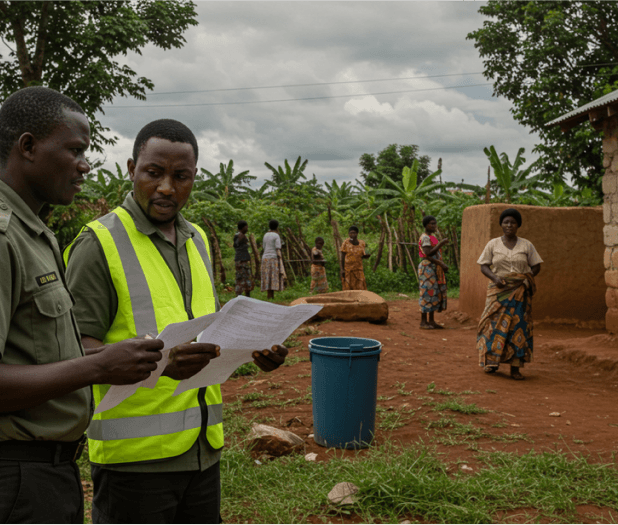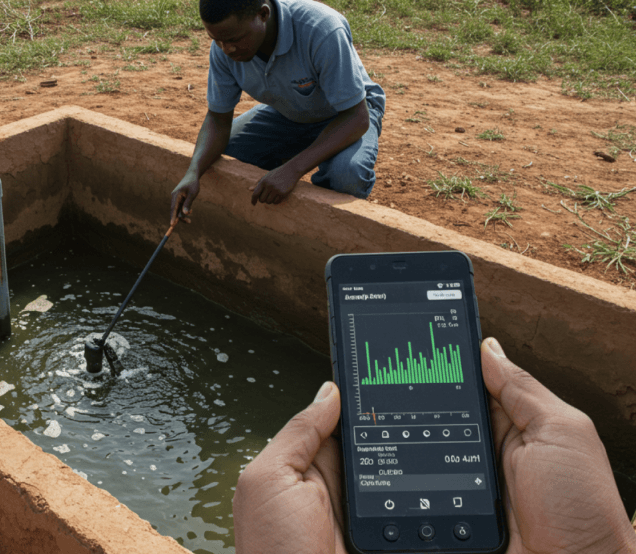Benchmarking for Better Sanitation Data Systems
The Data Systems Maturity Assessment Tool (DSMAT) establishes benchmarks to evaluate the effectiveness of sanitation data systems. This initiative provides utilities, municipalities, and regulators with a comprehensive framework to assess their systems and identify areas for improvement.
Developed through collaboration between Athena Infonomics, ESAWAS, and WSH Data Labs, DSMAT uses a three-tiered approach to evaluate data system maturity. Athena Infonomics created assessments for the Ecosystem Level (examining regional and national coordination) and the Organisation Level (evaluating utility and municipal structures). WSH Data Labs partnered with ESAWAS to develop the Data Systems Map, which assesses technical infrastructure and data tools. By defining clear criteria for system maturity across all three levels, DSMAT empowers stakeholders to set achievable goals and measure progress toward strengthened data management.


Key Activities
- Developed the Data Systems Map assessment with ESAWAS to evaluate technical infrastructure, data tools, and operational workflows.
- Conducted field tests to validate the framework's applicability across diverse utility and municipal contexts.
- Provided training on using the maturity index for performance assessment and improvement planning.

Outputs
DSMAT framework with detailed evaluation criteria across three assessment levels.
Interactive platform for conducting assessments and tracking improvement over time.
Field test reports with practical recommendations for implementation.
Training materials to support widespread adoption.
Impacts
- Enabled stakeholders to benchmark their systems and prioritize improvements based on evidence.
- Fostered a culture of continuous improvement in sanitation data management.
- Provided foundation for targeted investment decisions in data infrastructure and capacity strengthening.


Access the Assessment Tool
The Data Systems Maturity Assessment Tool provides utilities, municipalities, and regulators with the framework needed to evaluate their sanitation data systems and identify pathways for strengthening decision-making capacity.


